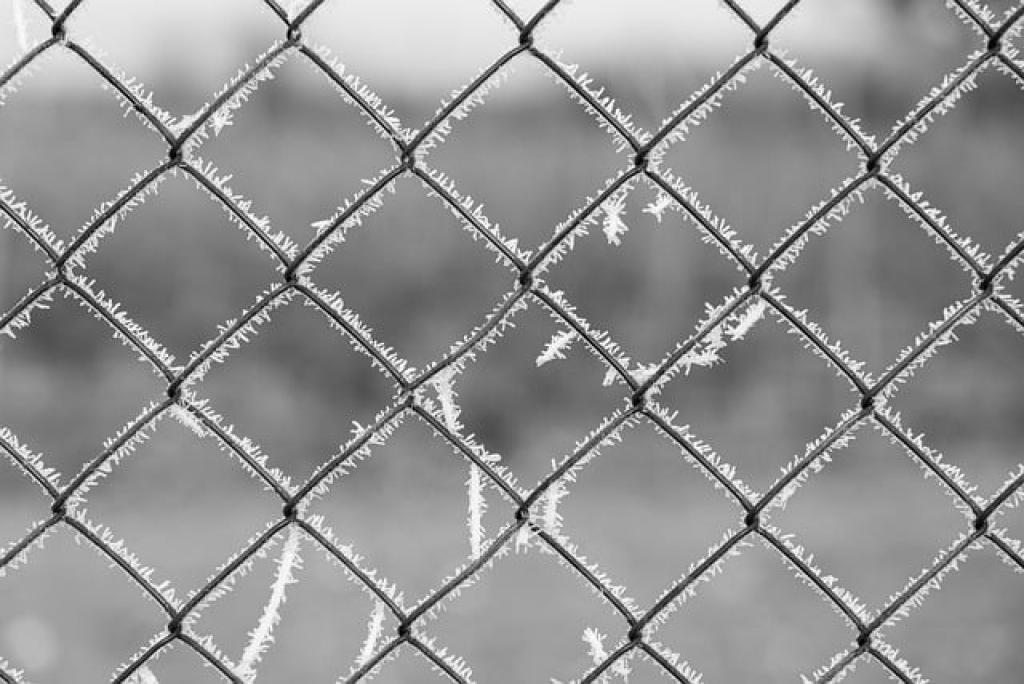So, you’ve decided to take the plunge and go off-grid? Congratulations! Embracing a sustainable lifestyle can be incredibly rewarding, but it’s not without its challenges. Going off-grid means disconnecting from public utilities and relying on renewable energy sources to power your home. While it’s an exciting journey, many beginners make common mistakes that can hinder their off-grid experience. Let’s explore five of these mistakes to help you avoid them.
Mistake 1: Underestimating Energy Consumption
One of the most common mistakes beginners make when going off-grid is underestimating their energy needs. It’s essential to conduct a thorough energy audit to determine how much power you’ll require on a daily basis. Consider your appliances, lighting, heating, and cooling systems. Investing in energy-efficient appliances can significantly reduce your overall energy consumption and help you size your off-grid system correctly.
Mistake 2: Neglecting Proper Solar Panel Placement
Solar panels are a key component of an off-grid system, as they harness the sun’s energy to provide electricity. However, failing to position your solar panels correctly can impact their efficiency. Ensure that your panels are installed in a location that receives ample sunlight throughout the day, free from shading from trees or buildings. Regularly clean your panels to maximize energy production and maintain peak performance.
Mistake 3: Forgetting About Battery Storage
Having a reliable battery storage system is crucial when going off-grid. It allows you to store excess energy generated by your solar panels for use during periods of low sunlight. Choosing the right batteries and properly sizing your storage capacity is essential to ensure a continuous power supply. Neglecting this aspect can lead to energy shortages and disruptions in your off-grid lifestyle.
Mistake 4: Overlooking Water Management
Water is a precious resource, especially when living off-grid. Beginners often overlook proper water management, which can lead to shortages and inefficient usage. Implementing rainwater harvesting systems, greywater recycling, and water-conserving fixtures can help you minimize water wastage and ensure a sustainable water supply for your off-grid homestead.
Mistake 5: Failing to Plan for Backup Systems
While renewable energy sources are reliable, they are also dependent on weather conditions. Beginners often make the mistake of not having adequate backup systems in place for days with limited sunlight or low wind speeds. Investing in a backup generator, wind turbine, or even a connection to the grid as a last resort can provide peace of mind and ensure uninterrupted power supply during adverse weather conditions.
The Bottom Line
Embarking on an off-grid lifestyle is an exciting and fulfilling journey, but it’s essential to be well-prepared to avoid common pitfalls. By understanding and addressing these five common mistakes that beginners make when going off-grid, you can set yourself up for success and enjoy a sustainable and self-sufficient lifestyle. Remember, research and planning are key to a smooth transition to off-grid living. Good luck on your off-grid adventure!
